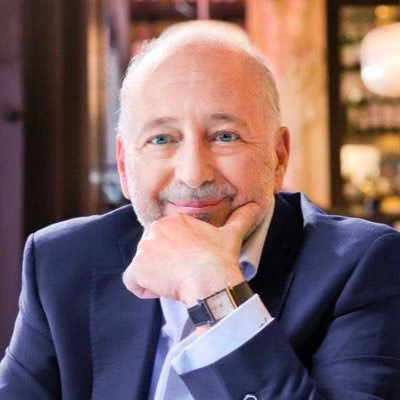What would it take to transform Africa’s energy sector? This is the question we grappled with in a discussion on Friday with Energy and Finance ministers from across Africa. The discussion was part of a standing-room only event that took place during World Bank-IMF Spring Meetings. The discussion could have gone much longer than the scheduled two hours; this is because so many of us feel so strongly about Africa's energy situation.We agreed: the time is right for a major push to boost Africa's energy. As I've said before, it's appalling that in 2011 there are still 560 million people in sub-Saharan Africa without modern energy. We need to work together to solve this problem. And we're going to need a lot of problem-solvers.
The participants in the discussion also agreed that the resources needed to build energy security and give more African people access to affordable and sustainable energy services are beyond the capacity of any one country or institution. Only a major group effort including governments, private investors, donors, international institutions, and civil society, will do.
Are we up to the challenge? Are we ready to commit? Can we take some important steps in the next decade so that by 2020 there's a whole new energy situation across Africa? What are the steps to securing Africa's energy future?
· creating a creditworthy power sector
· planning for a better tomorrow
· tapping energy sources
· financing an energy transformation
· powering people
As the session ended, I was pleased when World Bank Vice President for Africa Obiageli Ezekwesili asked participants to "take a look at some of the incentives you're offering." This was also a comment that came in from one of our 155 online participants and, in many ways, is a key starting point for transforming Africa's energy sector.
This is our energy vision for the future... but what do YOU think?


Join the Conversation